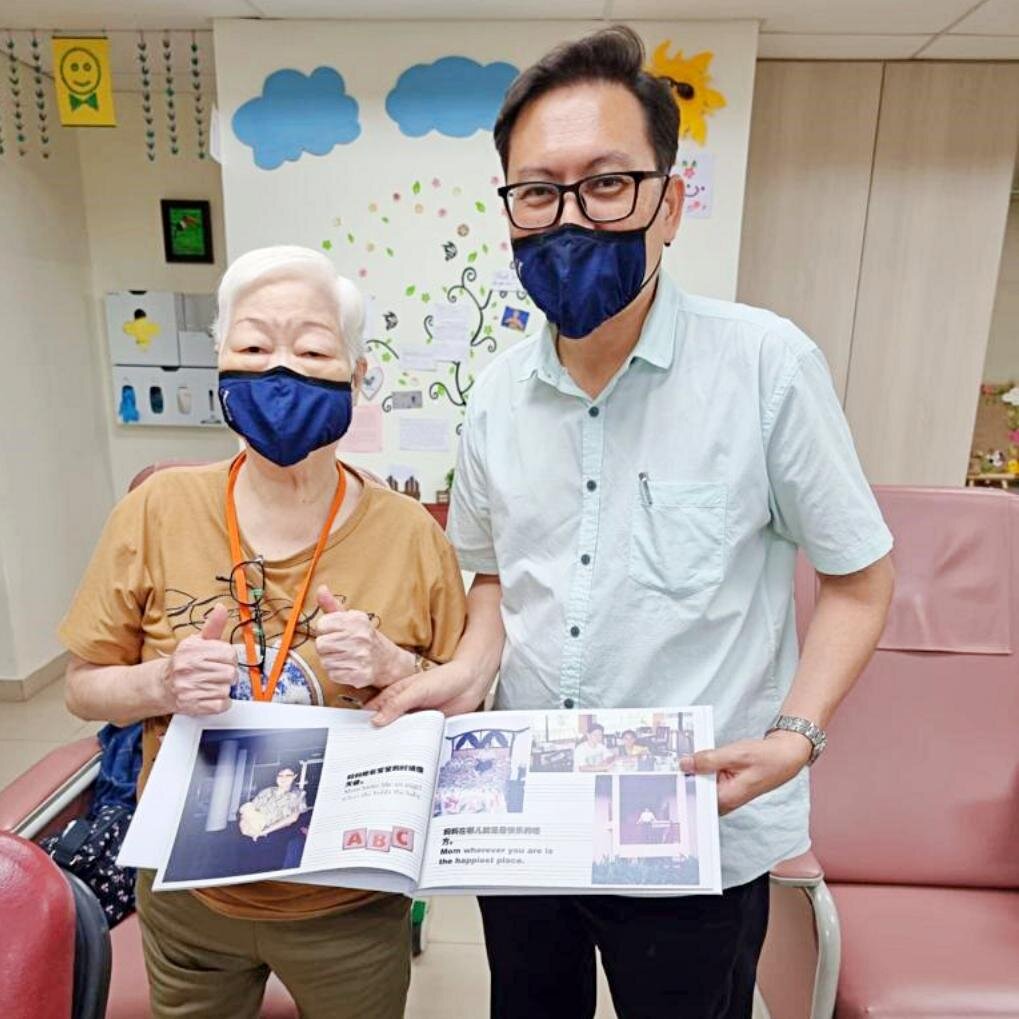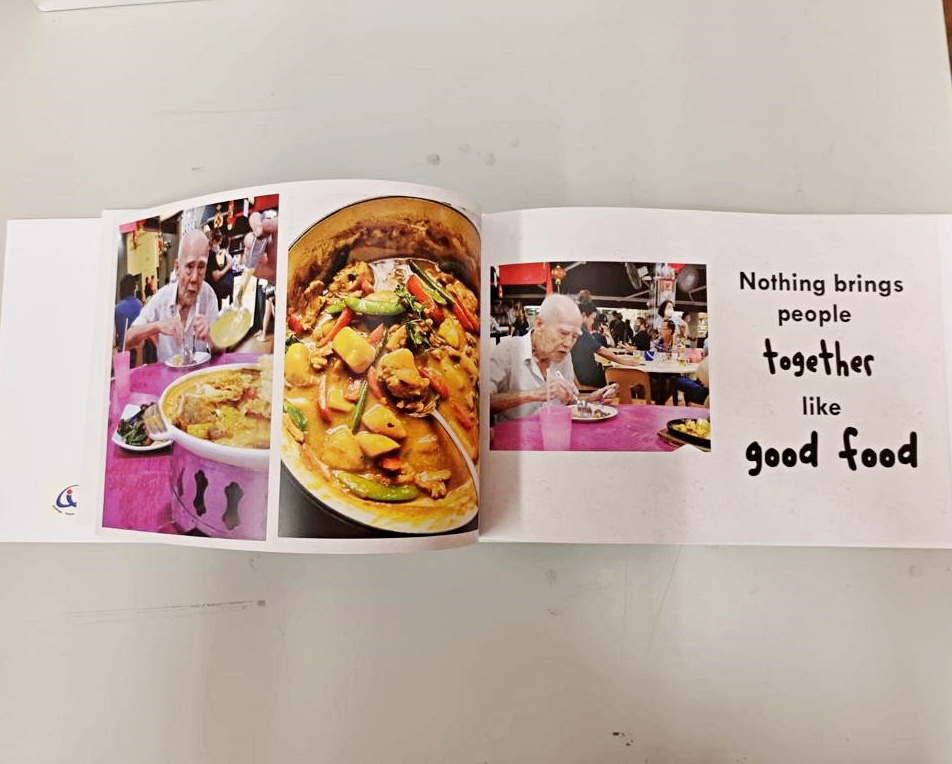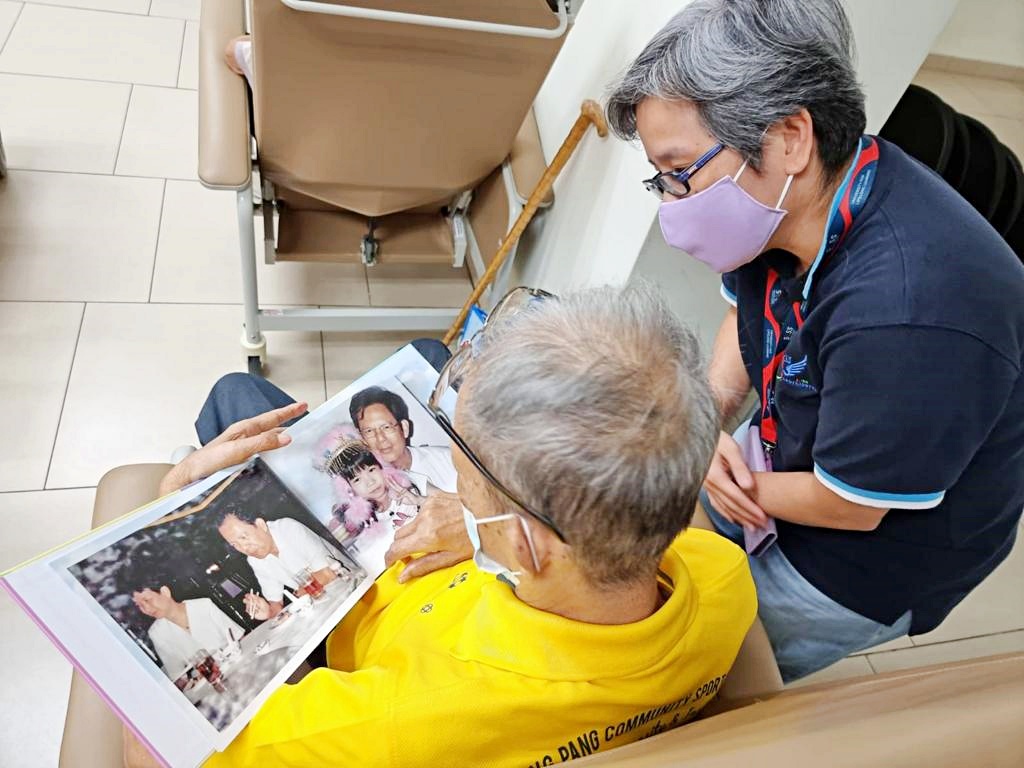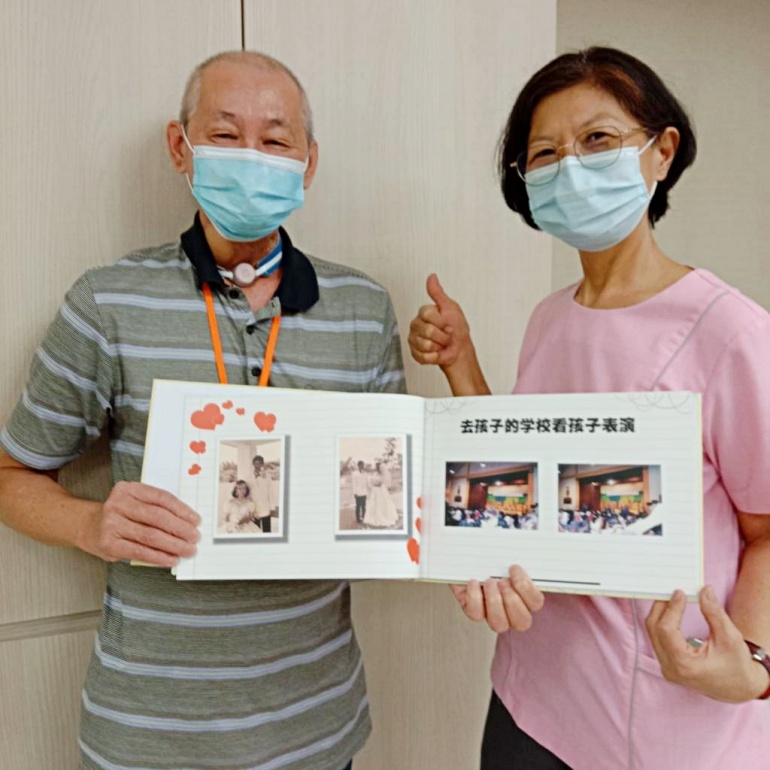
Close


“If you’re not prepared to die, you’re not ready to live,” said Mr Ng Tiong Nam, Principal of Canberra Secondary School, one of HCA’s longstanding partners of our Young Caregivers (yCG) programme.
The yCG programme aims to raise awareness on eldercare issues among our youths and was introduced to Canberra Secondary School in 2015, to enhance their Character and Citizenship Education (CCE). It continues to be part of the school’s curriculum.
The CCE programme at Canberra is structured such that it reflects the cycle of life: birth, ageing, illness and death. Younger students address issues on birth and ageing, while mature students delve into illness and end-of-life issues.
“Our school values are that of Gratitude, Respect and Compassion. When we looked at what the yCG programme could offer, it matched the inculcation of our values very strongly,” shared Mr Dinesh Sawlani, Head of Secondary Four students and one of the CCE teachers involved since 2017.
Unlike previous arrangements where students would volunteer at the HCA Day Hospice, the students were limited to remote or virtual volunteering due to COVID-19 restrictions.
The school then proposed to create activity packs to engage the patients, but the students further refined the idea by adding in an element of caregiver participation. The objective was to create a lasting memory for both patient and caregiver and a final product that would be a future memento for the caregiver.
“They wanted to do something that really impacted the patients,” observed Mr Dinesh.
The students decided to surprise our patients with personalised photo books, with the help of their caregivers. After our staff gathered interest and collected photos from our patients’ caregivers, the students would contact the latter to find out the stories behind each photo.

One of the photos books created by Canberra Secondary School students, depicting our patient enjoying one of his favourite meals.
This simple exercise helped one of our caregivers realise his father’s legacy, as he reflected on his years growing up; how his father had worked hard to take the family on their first holiday together and ensured they had a roof over their heads. His father had done so much for his family.
“It was a learning point because that student (who spoke with the said caregiver) started to think about what his parents had done for him,” explained Mr Dinesh.
Through this exercise, the students developed a deep sense of compassion and respect for our patients and their caregivers. They were also inspired to reflect on their own families which imbued a sense of gratitude for the sacrifices their families have made for them.

Our patient reminiscing about his younger days with his children.
Heartened by the personal stories, the students carefully storyboarded and developed the direction for eight different books, before eventually working with a vendor for the final layout and print.
Working with terminally ill patients also meant that the students were working against the clock. And the reality of the matter set in when they were informed that two patients were rapidly deteriorating. Despite their best efforts to manage their time and the project, the students were still held back by many unexpected technicalities.
News of one of the patients’ passing broke, just shy of their final reveal, shrouding their anticipation with regret and sadness.
It was a lesson that was beyond textbooks – The brevity of life.
“And that’s where your tagline came in handy because you cannot add days to life, but you can Add Life to Days,” Mr Dinesh commented. The family of our late patient eventually displayed the completed photo book at the funeral, bringing a sense of closure for the students.
“They have matured with this and have understood the preciousness of life better. And I dare say that the school values have been imprinted well on these kids, during this time.”
On behalf of the students, Mr Ng and Mr Dinesh delivered the books to our Day Hospice and presented them personally to each patient.
Mr Dinesh recalled that the patients were surprised to see such a personalised gift and it had touched one of them dearly. “Tears were rolling down his face as he was reminiscing.”
Another beamed with pride, recalling the memory behind each image, as he explained them to Mr Ng.
“The whole process was beautiful,” shared a smiling Mr Dinesh.

The photo book contained many personal photos, including their wedding photos as seen above.
The pair were pleased to share the good news with the cohort.
“We knew we made it. The students achieved what they set out to do —to create memories and get the caregivers to understand their parents’ legacy,” Mr Dinesh explained. It was a proud moment, seeing his students creating an impact on others.
Despite never having met our patients in person, the students have gained a better understanding of palliative care and the end-of-life journey through the yCG programme.
The four-month journey has given them time to reflect on their lives and to think about the possible legacies they wish to leave behind for others.
“This is the value of the yCG programme. The students have benefitted greatly from their involvement…more than they could give,” shared Mr Ng.
In helping our patients create a legacy for their loved ones, these students have also created a legacy for themselves; in the hearts of our patients, caregivers, their school and most importantly, their own lives.
They have now created their legacy for tomorrow.